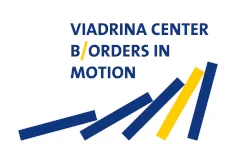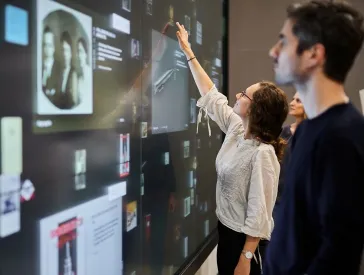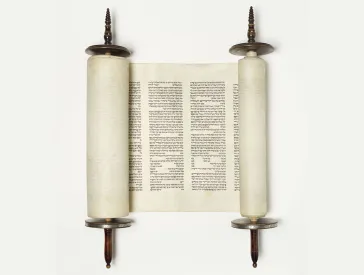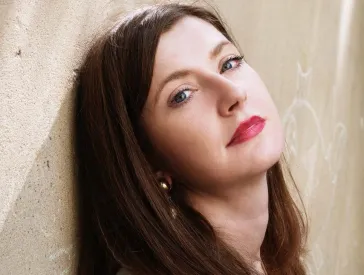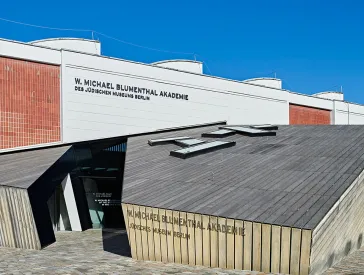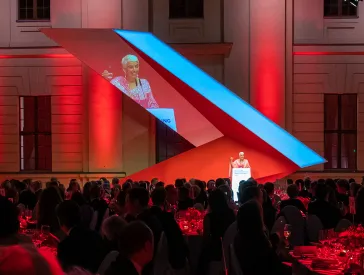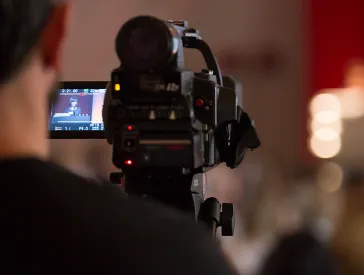Jews Along the Silk Road
International Conference on Migration Routes, Entangled Spaces, and In-between Positions (video recording available, in English and German)
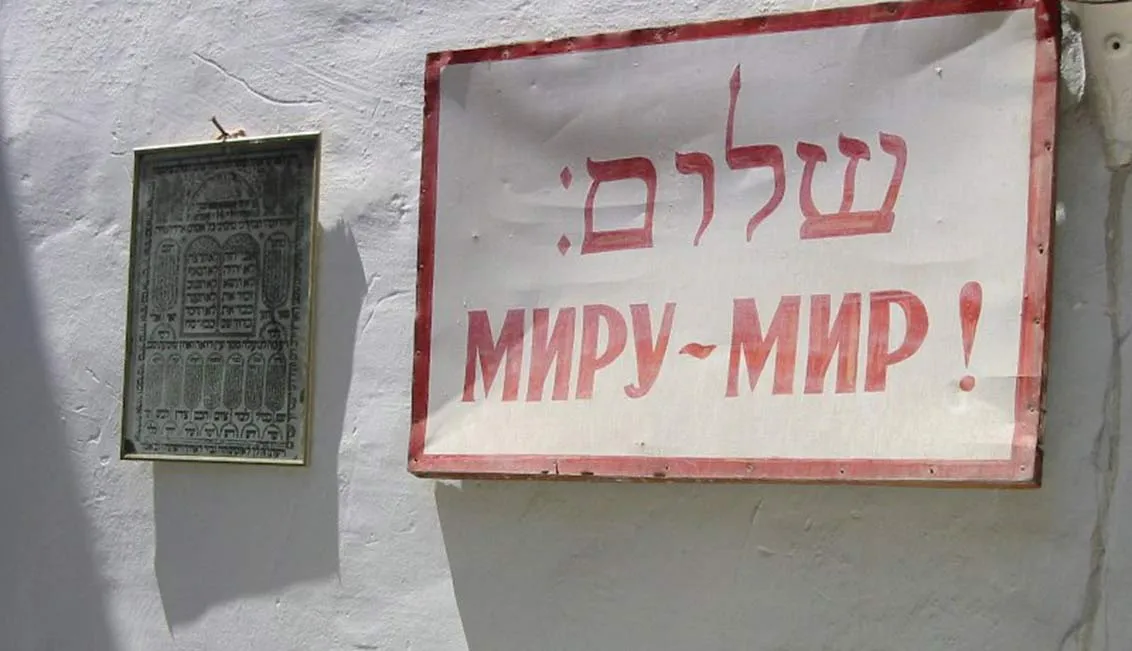
A synagogue in Bukhara off of a side street in the old town, photo: Adam Baker, CC BY 2.0, via Flickr
How do Jews live between Baku and Berlin, between Tashkent and Tehran, Dushanbe and Tel Aviv? How did experiences of convival living with Muslim, Christian or secularized majority and minority populations shape Jewish biographies and identities? The majority of Jews living in Germany and Europe today come from areas of the former Soviet Union. Most migrated from European parts such as Belarus, Ukraine or Russia, but some arrived from the southern and eastern republics in the Caucasus and Central Asia – areas that lie on the routes of the historic and new Silk Road.
recording available
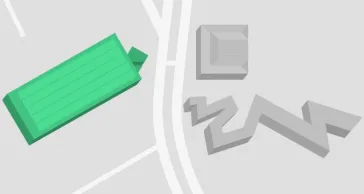
Where
W. M. Blumenthal Academy
Fromet-und-Moses-Mendelssohn-Platz 1, 10969 Berlin
Postal address: Lindenstraße 9-14, 10969 Berlin
During the three-day international conference, we would like to approach the little-known stories of flight, deportation and migration between Europe and Asia, the experiences of neighbourhood and religious everyday practices of (post-)Soviet Jews from the Caucasus and Central Asia. The focus is on social and cultural entangled and liminal spaces, places of encounters and in-between positions of people living as minorities and migrants in multi-ethnic and multi-religious societies.
How are these experiences and biographies shaped by Soviet Orientalism and colonialism, antisemitism and racism, and how do they relate to Jewish experiences in Iran, Turkey, Morocco or India? We are looking at the memories and experiences of living together in the Soviet and global South and are asking how these stories change the narratives of Jewish and post-migrant life in the 21st century in Germany and Europe.
The opening lecture will be given by Prof. Dr. Atina Grossmann (The Cooper Union in New York City).
The conference will conclude with a reading lecture by Olga Grjasnowa. The author will read from her new novel Der verlorene Sohn as part of the ZOiS Forum.
Organizers of the conference
- Dr. Alina Gromova (Jewish Museum Berlin, www.jmberlin.de)
- Dr. Darja Klingenberg (Europe-University Viadrina Frankfurt (Oder), www.europa-uni.de)
- Dr. Tsypylma Darieva (Center for East European and International Studies, ZOiS Berlin, www.zois-berlin.de)
Video Recordings
Program
10 October 2021
| 2 pm |
Welcome and IntroductionHetty Berg (Director of the Jewish Museum Berlin) |
|---|---|
| 2.30 pm |
Keynote (in English)Atina Grossmann (The Cooper Union for the Advancement of Science and Art, New York): Globalizing Holocaust Memory. Survival, Flight and Evacuation in Soviet Central Asia and Other Colonial Spaces |
| 3.30 pm |
Coffee Break |
| 4 pm |
Panel 1: Routes and Encounters along the Silk Road (in English)Ariane Sadjed (Austrian Academy of Science, Vienna): |
| 6 pm |
Lecture Performance (in German)Ina Holev (Heinrich-Heine-Universität Düsseldorf and Jüdisch und Intersektional – Initiative für kritische Bildungsarbeit) |
| 6.30 pm |
Reception |
11 October 2021
| 2 pm |
Panel 2: Shared Neigbourhoods (in English)Narciss M.Sohrabi (Paris Nanterre University): |
|---|---|
| 4 pm |
Coffee Break |
| 4.30 pm |
Panel 3: In-Between Positions. Jewish and Other Biographies (in German and English)Valerij Gretchko (Tokyo University): |
| 6 pm |
Coffee Break |
| 6.30 pm |
Exploring Diverse Diasporas – Presentation of Research Projects by Students of Viadrina European University in Frankfurt Oder
|
| 7.30 pm |
End of the day 2 |
12 October 2021
| 1 pm |
Panel Discussion: Jews from the Caucasus and Central Asia in Germany and Austria / Podiumsgespräch: Jüdinnen und Juden aus dem Kaukasus und Asien in Deutschland und Österreich (in German)Sevil Huseynova (Center for Independent Social Research (CISR), Berlin) |
|---|---|
| 2 pm |
Panel 4: Migration Routes and Entangled Spaces (in English)Karen Körber (Institute for the History of the German Jews, Hamburg): |
| 3.30 pm |
Coffee Break |
| 3.45 pm |
Panel 5: Shared Memories: Experiences of Exclusion and Inclusion (in English)Yulia Oreshina (Georgian American University, Tbilisi): |
| 5.15 pm |
Final Remarks |
| 5.30 pm |
Coffee Break |
| 7 pm |
ZOiS Forum. 30 Years of Post-Soviet Migration in Germany
|
| 8.30 pm |
Reception |
| 9.30 pm |
End of the conference |
In Cooperation with

